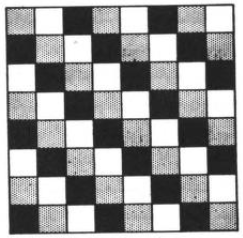New English verb tenses, offered by David Morice in a November 1986 Word Ways article:
Future past perfect: I will have had walked
Progressive conditional: I would have should have been walking
Future present past: He will does walked
Double future: He will will walk
Unconditional present: He could can walk
Obsessive progressive: He is being doing walking
Refractive future perfect: He did will was have walked
Superjunctive: He might be having been about to be walking
The Tortoise stepped ever so carefully across the finish line, just a moment before the Hare would have been about to be going to hop across it himself. ‘I won!’ she said. The Hare paused a moment, then replied, ‘Yes, Ms. Tortoise, in the next decade you will have been about to be going to be used to be having been doing being the winner of this race, but tomorrow we’ll have to do it again, for it’s two out of three, ma’am.’






